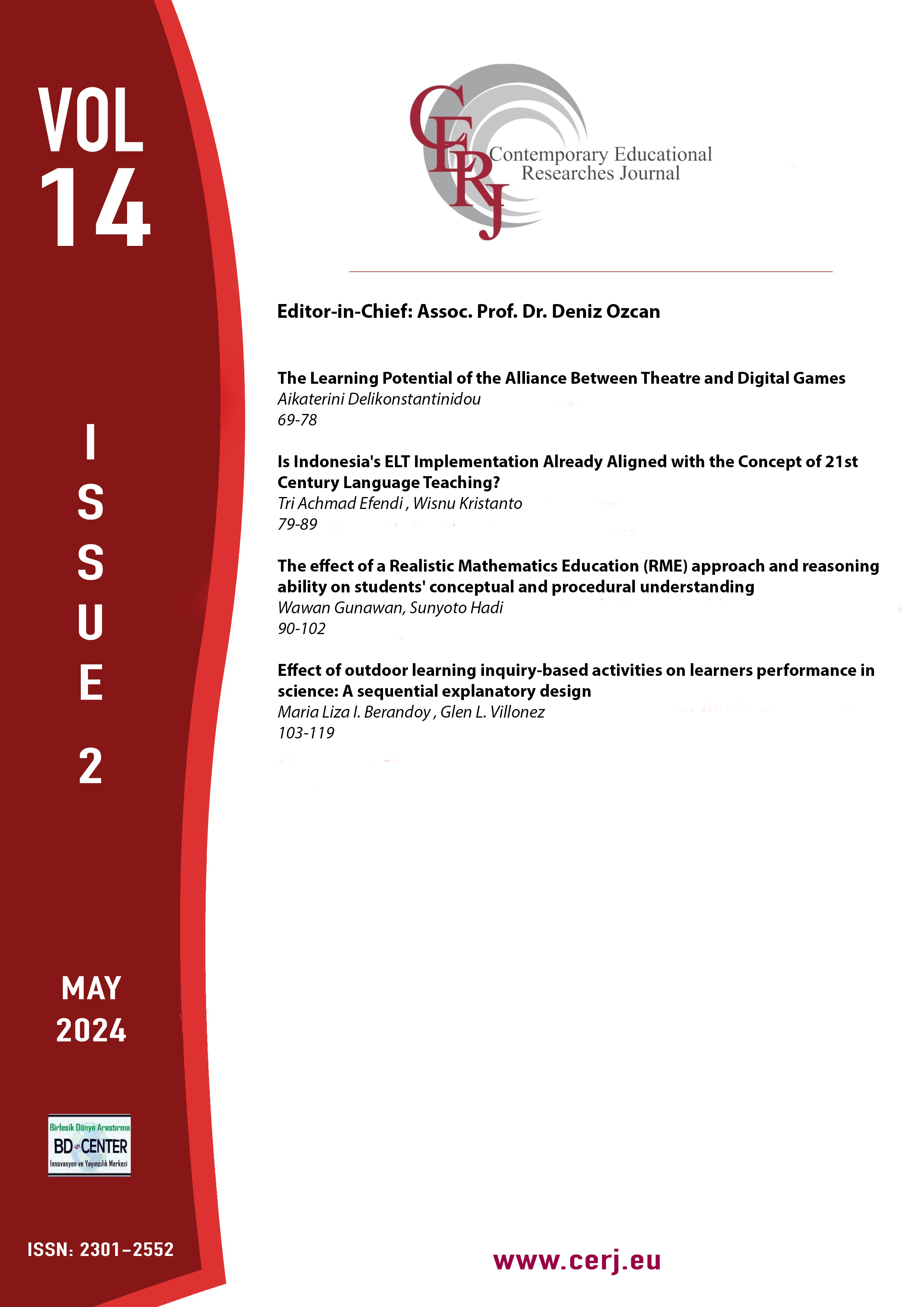Strategic implementation of outcome-based education
Main Article Content
Abstract
The paradigm of higher education in Indonesia is currently changing to Outcome-Based Education, which focuses on the curriculum's accomplishment of student outcomes. Measurement of the degree of learning accomplishment in a course requires the use of a learning outcome attainment method, and providing student skills achievement reports in programming courses is crucial to improving student success in computer science study programs. This study proposes a standardized learning outcome measurement technique to provide a comprehensive course learning outcome attainment with student skills categorization, and course success level, after conducting an interview, focused group discussion, and evaluations with experts. This method includes performance indicators and acceptance criteria via Course Learning Outcome value, Course Learning Outcome level, Course Success Rate level, and student skills, which operate at the study program's course level. The researchers performed the overall attainment process using the direct attainment method. The measurement model proposed has been successfully accepted and implemented in 7 study programs in 11 universities in Indonesia.
Keywords: Attainment; course outcome; outcome-based education; student categorization; student skills.
Downloads
Article Details

This work is licensed under a Creative Commons Attribution-NonCommercial-NoDerivatives 4.0 International License.
Authors who publish with this journal agree to the following terms:
- Authors retain copyright and grant the journal right of first publication with the work simultaneously licensed under a Creative Commons Attribution License that allows others to share the work with an acknowledgement of the work's authorship and initial publication in this journal.
- Authors are able to enter into separate, additional contractual arrangements for the non-exclusive distribution of the journal's published version of the work (e.g., post it to an institutional repository or publish it in a book), with an acknowledgement of its initial publication in this journal.
- Authors are permitted and encouraged to post their work online (e.g., in institutional repositories or on their website) prior to and during the submission process, as it can lead to productive exchanges, as well as earlier and greater citation of published work (See The Effect of Open Access).
